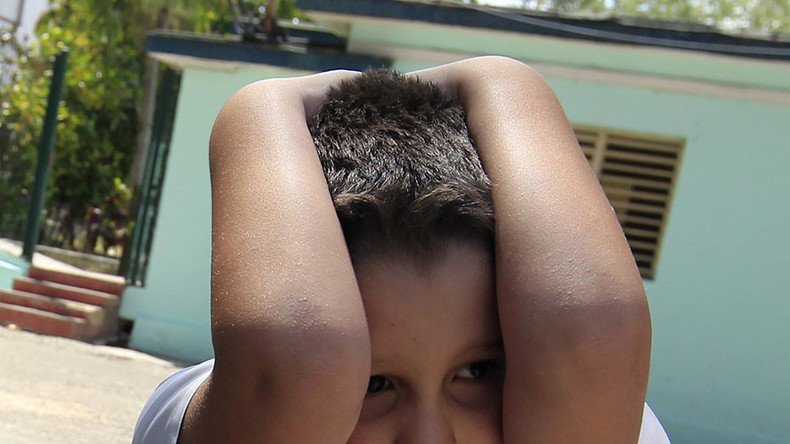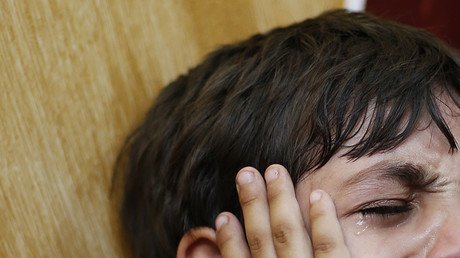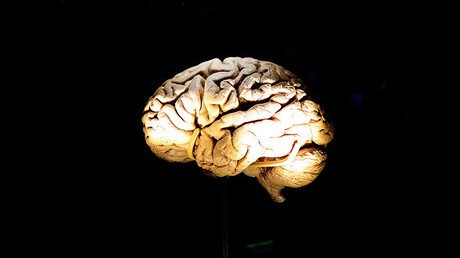French scientists have found where autism hides in the brain – and it could help diagnose 2yo kids

Autism is hiding in one of the brain’s folds, and a new biomarker discovered by French scientists can be detected in children as young as two. The breakthrough could make diagnosis of the condition much easier.
The abnormality manifests itself in a shallower-than-usual fold located in Broca’s area, the region of the brain responsible for language and communication that autism affects. The researchers are confident the new findings will go a long way to earlier diagnosis and management of autistic patients.
The groundbreaking work was a combined effort between the Delegation Paris Michel-Ange (CNRS), Aix-Marseille Universite and AP-HM. They used the expertise of the Institut de Neurosciences de la Timone (CNRS/Aix-Marseille Université) in medical imaging, as well as its access to a group of autistic patients diagnosed at a very early age. The data was then assessed using the same protocol at the Centre de Ressources Autisme PACA, and the results published in the January issue of Biological Psychiatry: Cognitive Neurosciences and Neuroimaging.
Autism can take on many forms, some less severe than others (as in the case with Asperger’s syndrome), others more. The brain is where doctors look for clues. Recent developments in neuroimaging have shed light on a potential for an abnormal cortical folding. Before that, standard neuro-anatomical measurements could not get a good look at a number of disorders, autism among them.
Autism can take on many forms, some less severe than others (as in the case with Asperger’s syndrome), others more. The brain is where doctors look for clues. Recent developments in neuroimaging have shed light on a potential for an abnormal cortical folding. Before that, standard neuro-anatomical measurements could not get a good look at a number of disorders, autism among them.
The new French research centered on something called the “sulcal pit” – a new geometric marker situated at the deepest point of every sulcus in the cerebral cortex, which is where all the folds of the brain develop. Anything that can be glimpsed from those folds is therefore also built at a very early stage in brain development, most likely under genetic influences.
This means the characteristic will be different in every individual, and can be compared.
The researchers studied 102 male children aged 2-10, grouping them into those with autism, those with a pervasive developmental disorder, and those with typically development. Using MRI scans they noticed that autistic children displayed a difference in the maximum depth of a sulcus.
They further found a direct correlation between this depth and a child’s social abilities. In autistic children, the less deep the sulcus, the more skewed the child’s performance was in communication. The same held true for language production.
They then concluded that this potential abnormality of the sulcus constituted a biomarker for autism. While doctors can only diagnose autism today by monitoring interaction for clinical signs, this new technique shows great promise for diagnosing autism very early on, from inside the brain.
Researchers said did not necessarily expect to find other features, but they say the revolutionary findings point to the importance of investing in biomedical research.














